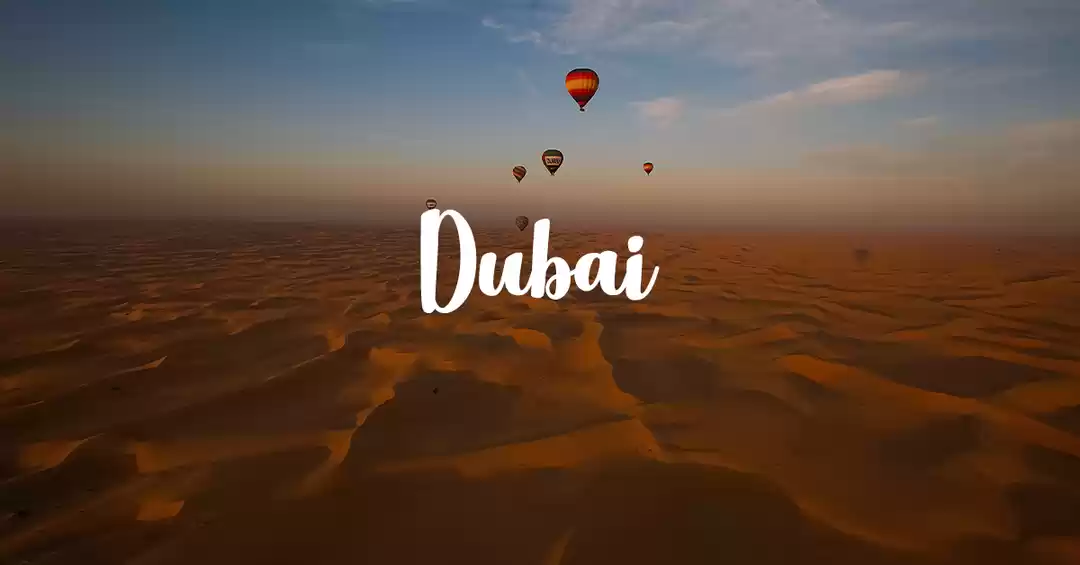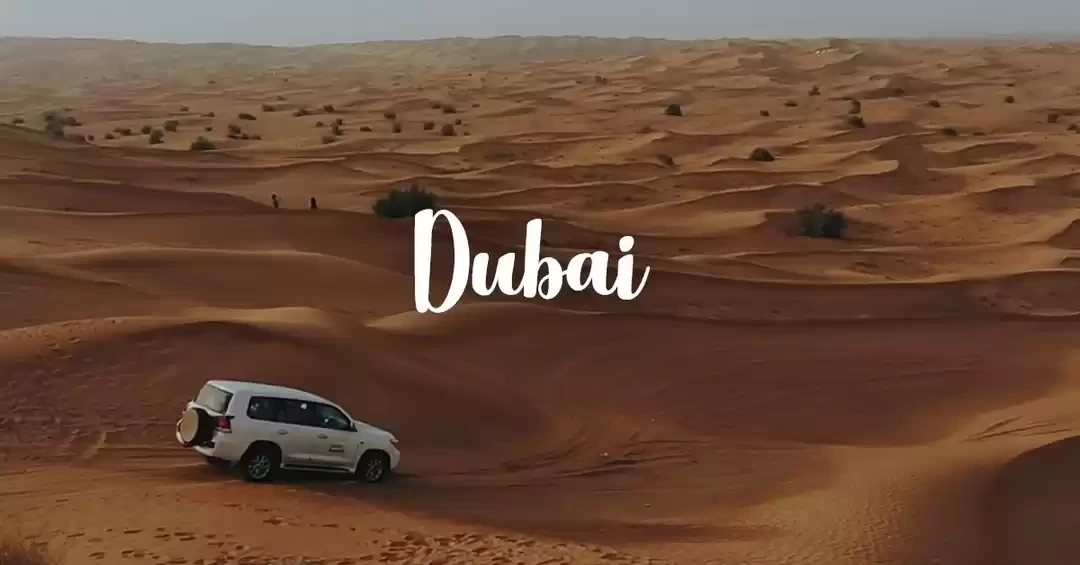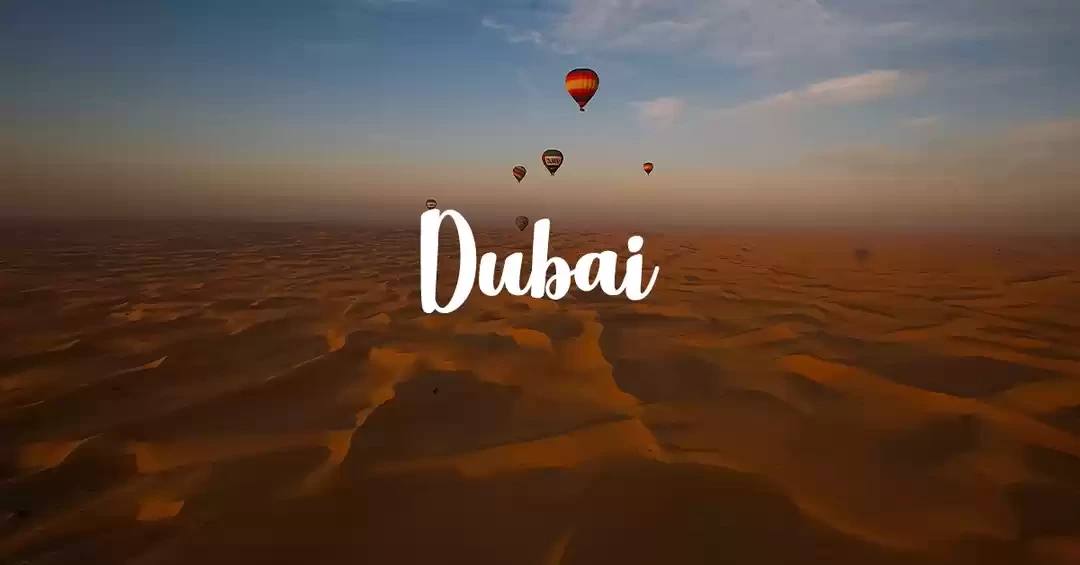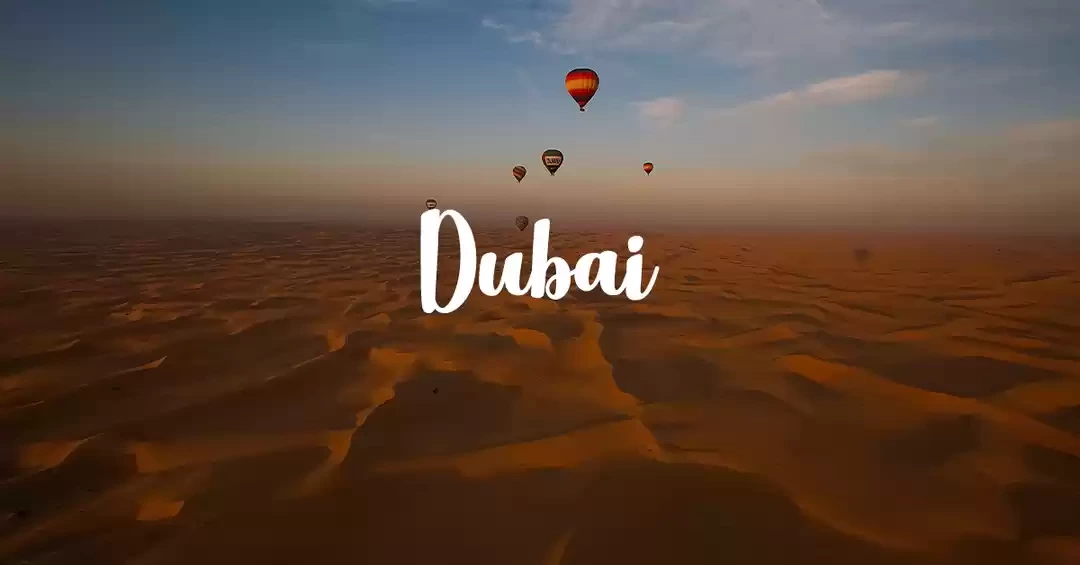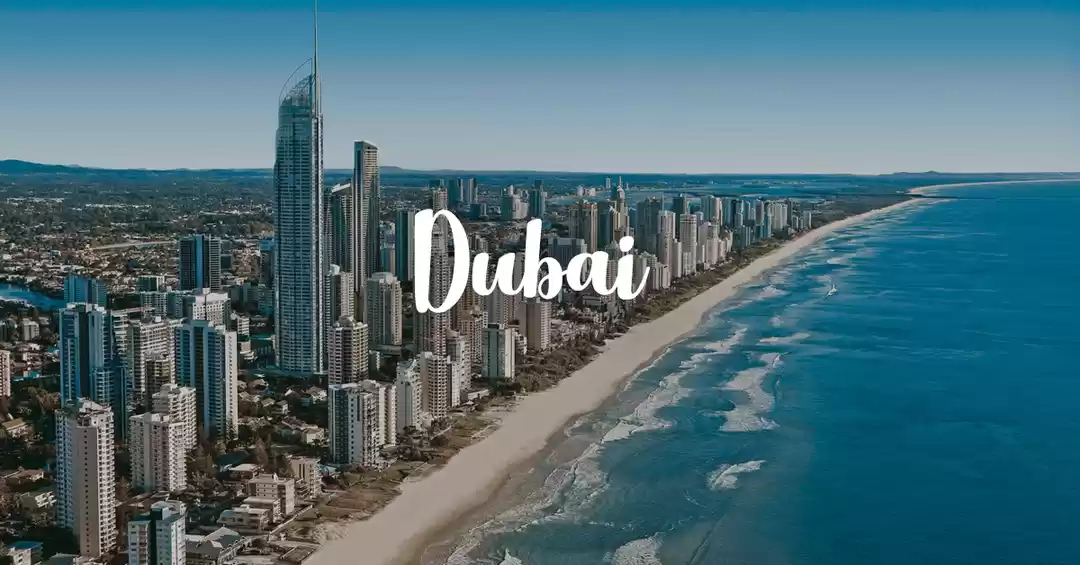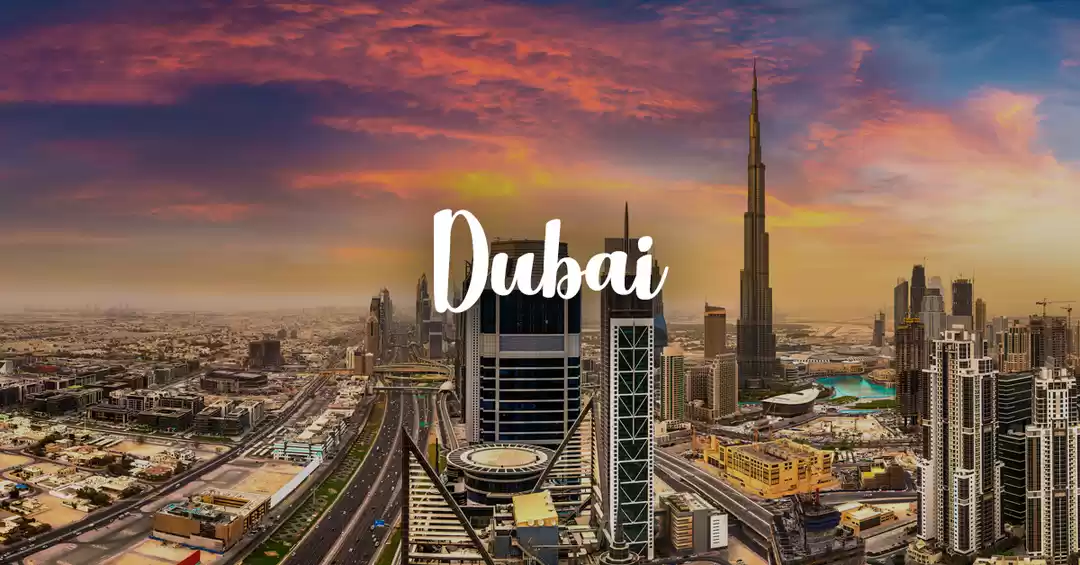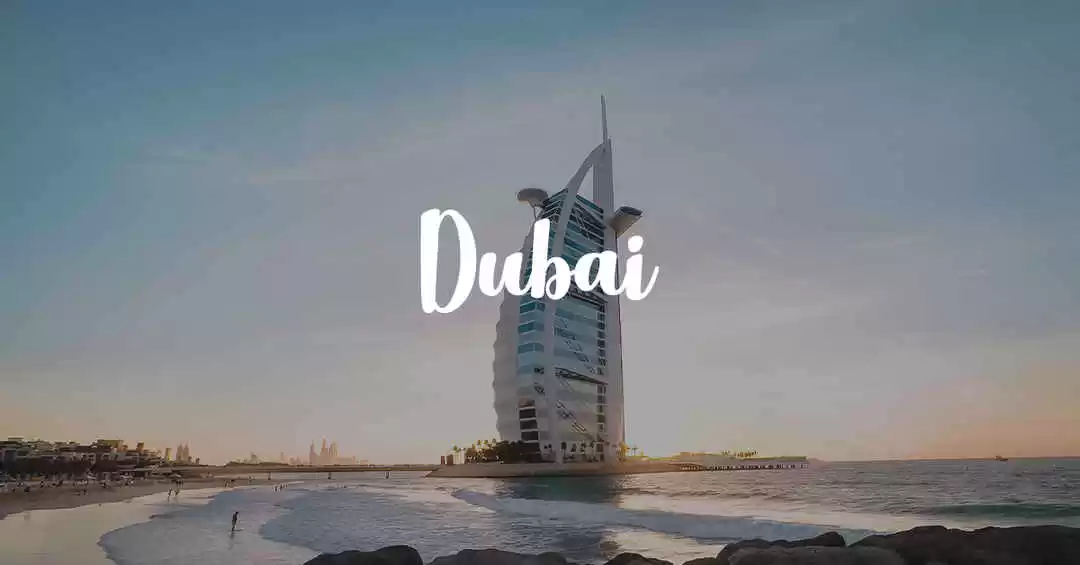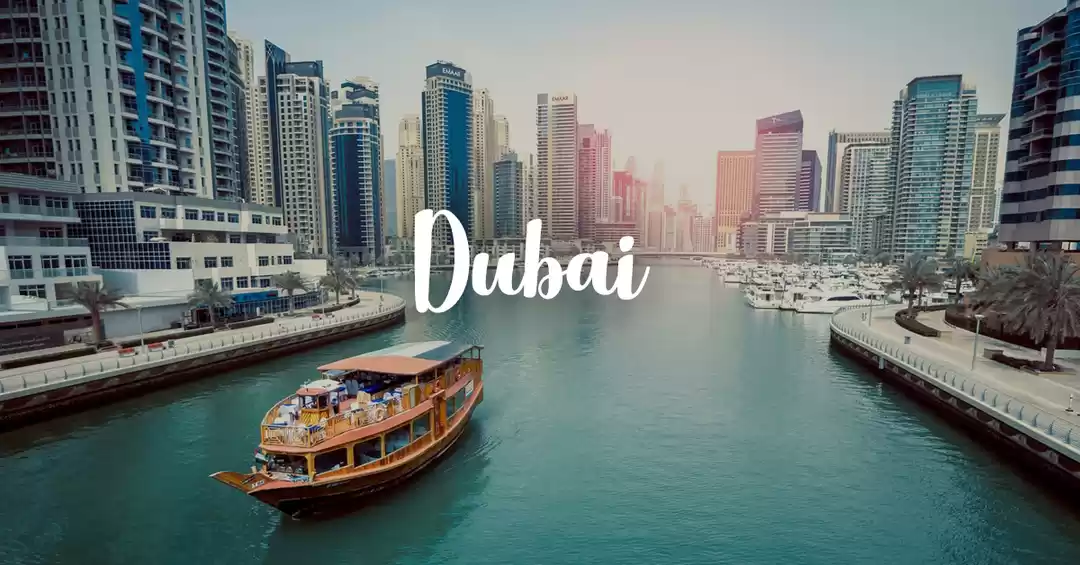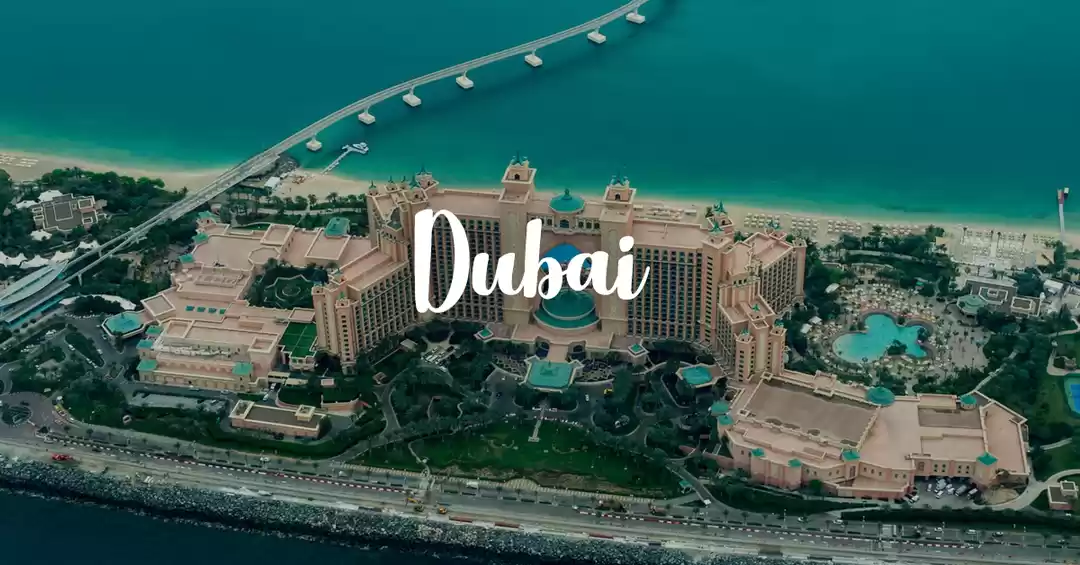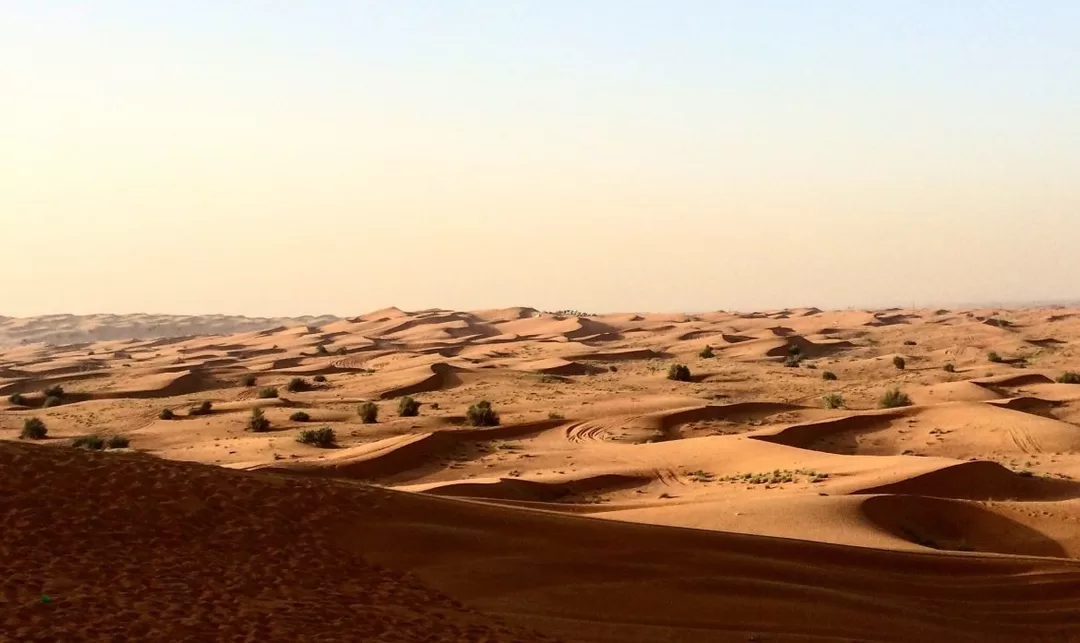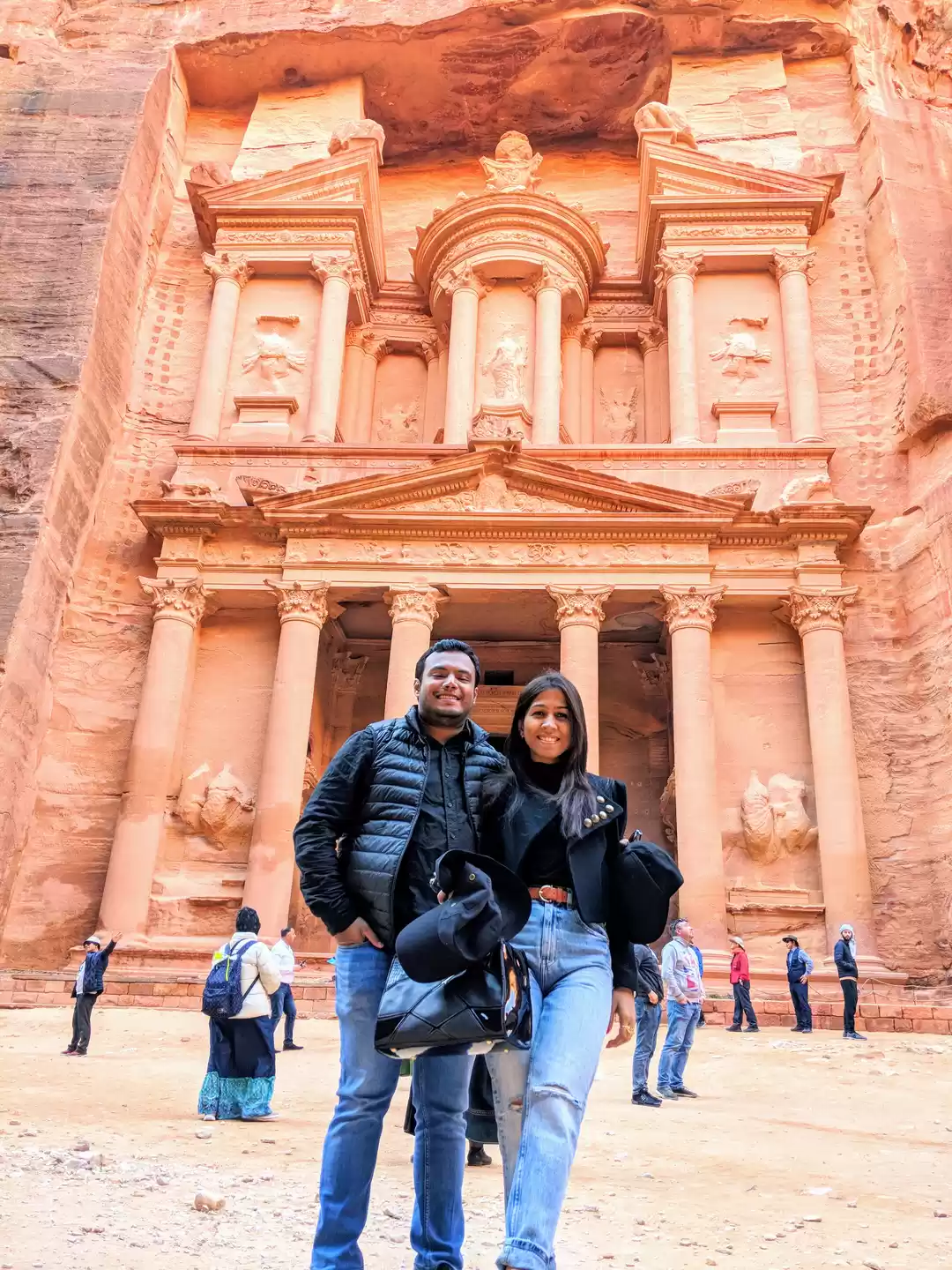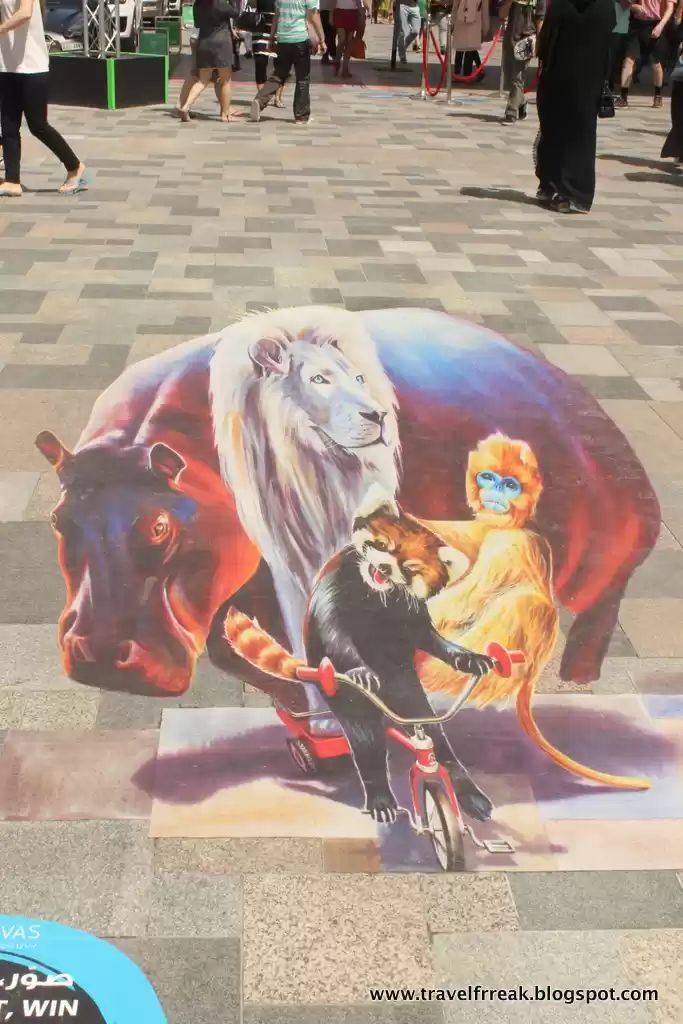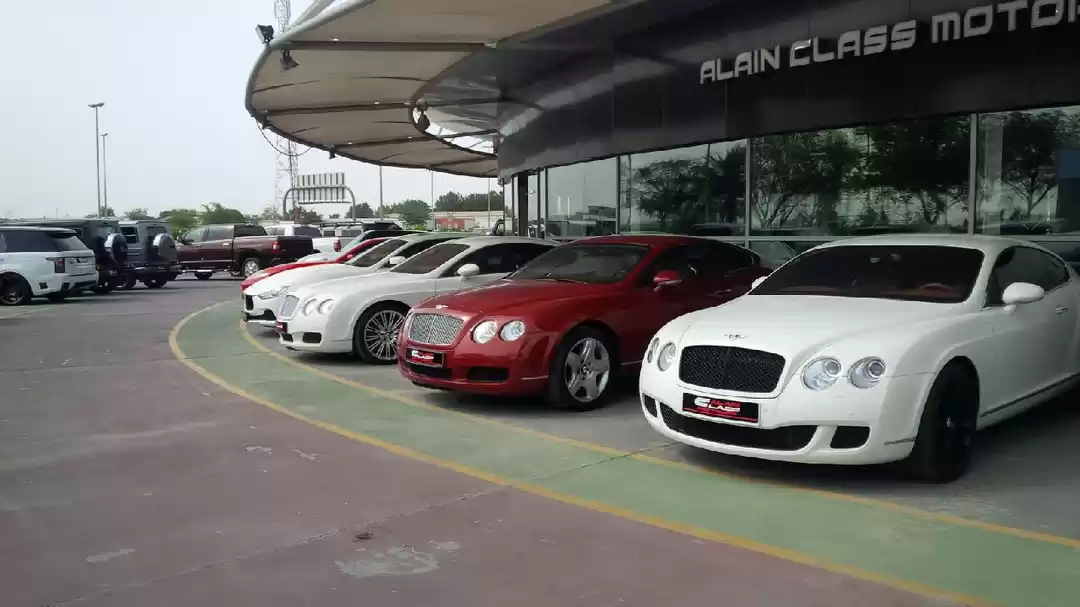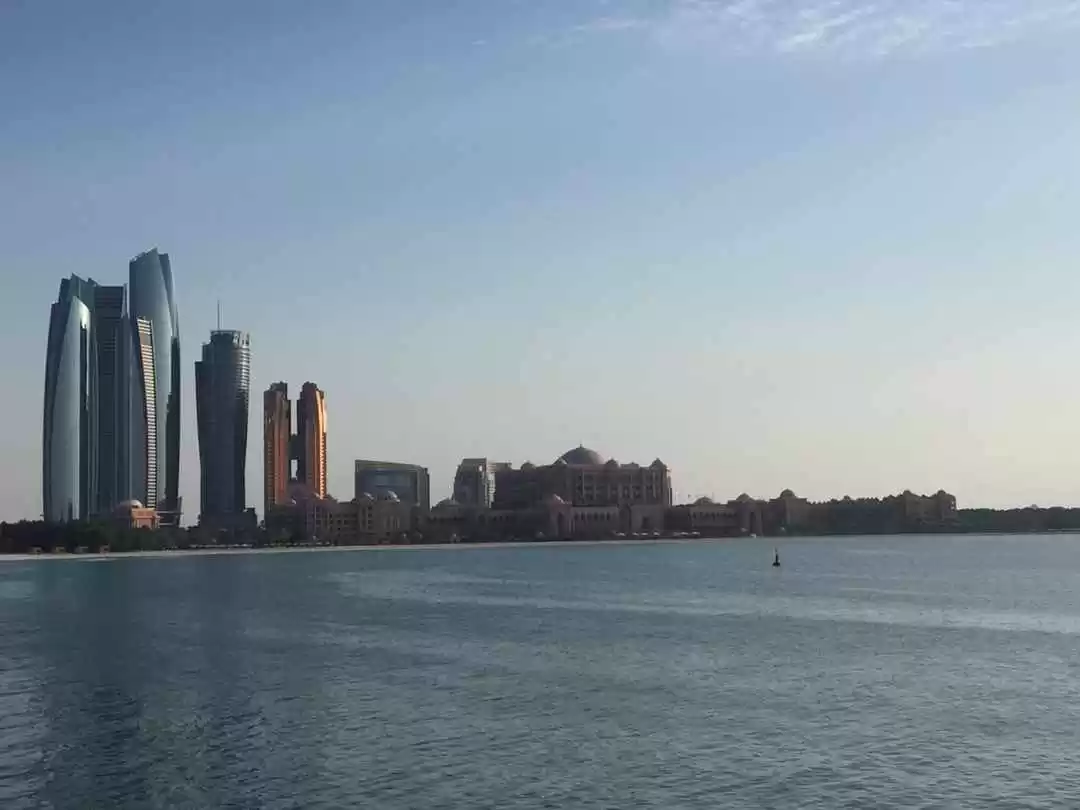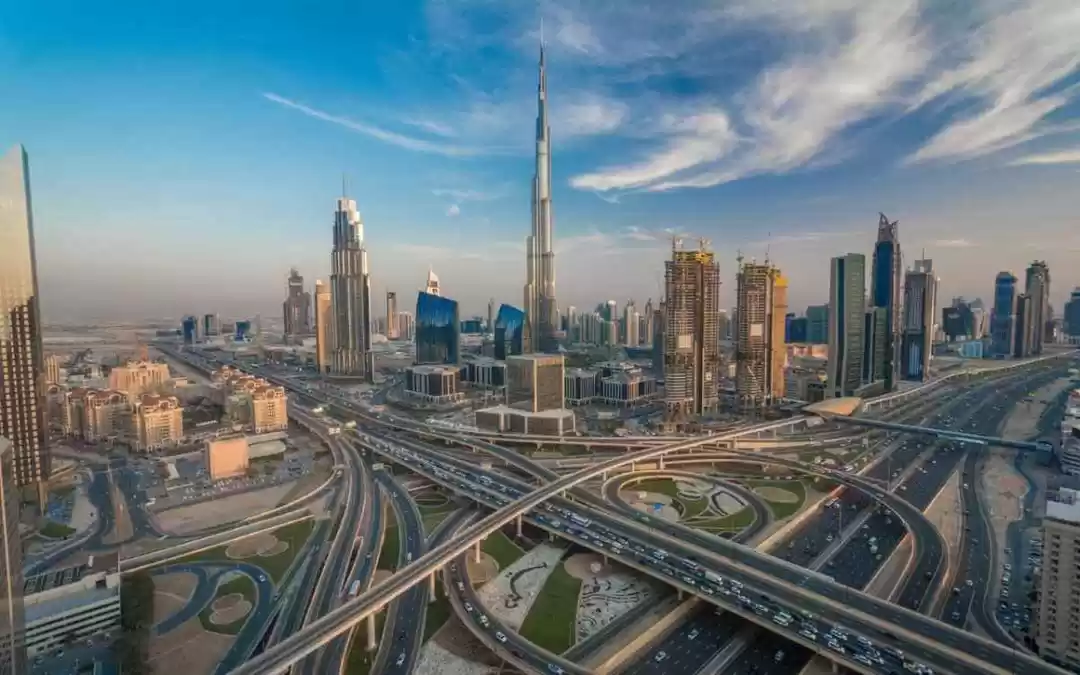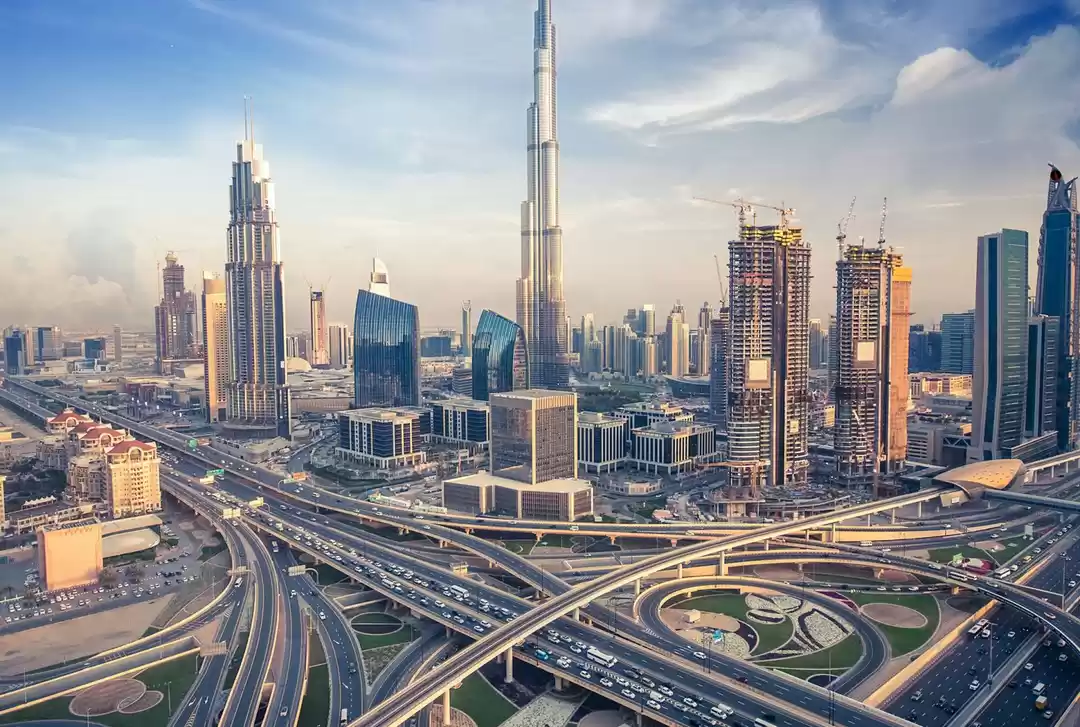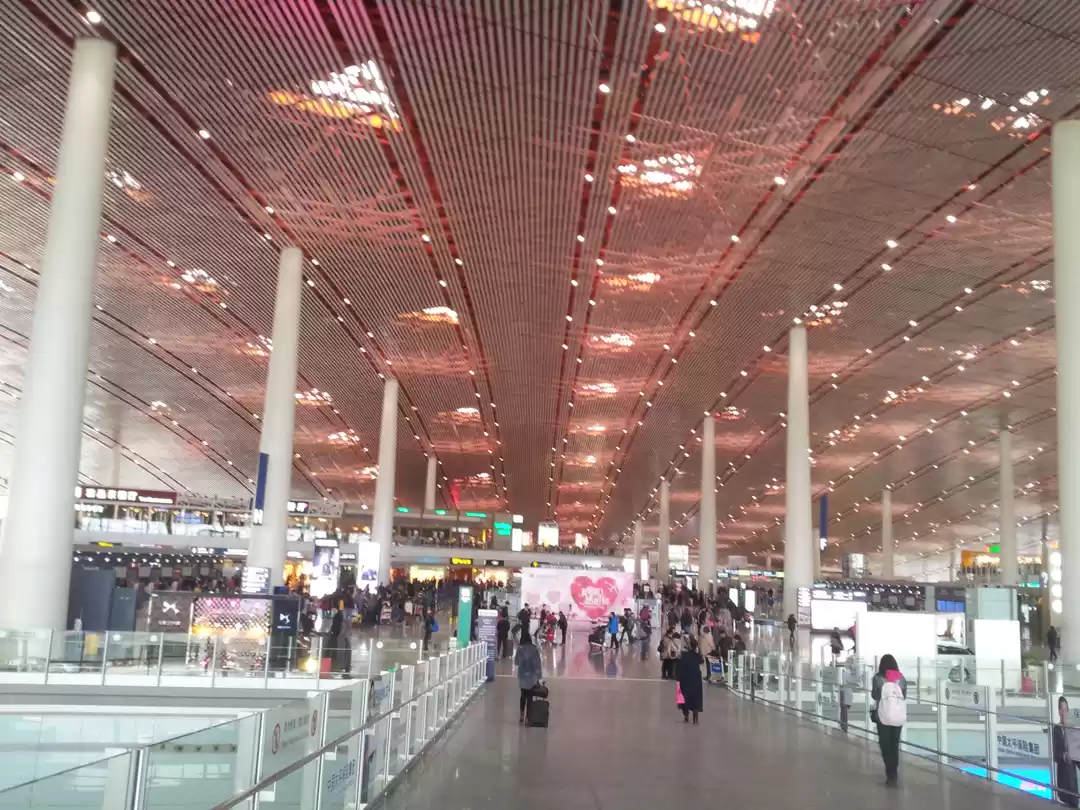Burj Al Khalifa and Surrounds - Patricia Berwick
Dubai is on the rise despite world economy, politics and detractors.
When I left Dubai a year ago all was doom and gloom. Upon my return, some three months ago, I could not help noticing the change. The gloom had lifted. People were upbeat. Hope was in the air.

Immigration
The first thing that struck me was the wait in the line at immigration. It took nearly an hour to reach the immigration desk and every second line in the great hallway was full. At first I was annoyed and then I began to question what this wait was all about. If the economy was so bad why were so many people trying to visit this place. Why the lines? Were they for Immigration? Tourism? Visiting relatives? It was difficult to decide just from looking.
Of course I arrived for the weekend of the 40th Anniversary of the United Arab Emirates. It was also the week of the Dubai Sevens rugby football. So, perhaps these events had caused the traffic jam in immigration. And yet people who have visited more recently say the lines are just as long, immigration just as busy, and the atmosphere just as electric.
Traffic & Buildings
On leaving the airport the roads were all hectic despite all the new motorways, bridges over the Creek, and the metro. Many of the unfinished projects I had seen on leaving had been completed and some new projects had started. The number of completed buildings around the Burj Khalifa, the tallest building in the world, was especially impressive. There was a quiet feeling of vibrancy.

The People
But what did the people think? Out of all the people I talked with only two people mentioned they thought the economy was still in trouble. All others were very upbeat about the changes. Of course the people I spoke to had jobs and all spoke of people coming to job seek. Some thought that many of the jobs lost during the downturn had returned but with lower wages. However, the malls had foot traffic. Shop fronts were gleaming welcoming customers and new cars were everywhere to be seen.
Dubai Mall was the biggest shock because when I left it had many vacant shops, ruby fortune casino and low foot traffic. Not so today. Even during the week people were promenading through the Mall many carrying packages.
Reality
It is predicted that Dubai is going to reach two million residents early this year. Air traffic is on the increase. Car sales are said to be on the rise, for example, a manager at one major car sales firm stated he could not get enough cars to fill the orders he already had and, if bank loans for cars were easier to get his sales would be even higher.
Leon Kaye of the Guardian believes Dubai is “roaring back.” In his article Can Dubai ever be sustainable? He notes, “The Arab spring's aftershocks convinced many companies to relocate to the city and surrounding region of 2 million people because of its stability. Other firms are attracted because of the proximity to some of the world's largest markets, from Europe to the emerging economies of Africa, India and East Asia.”
All this should not be a surprise because Dubai benefited from the effects of the Gulf War of 1990. During this time Dubai was seen as an island of stability, a safe haven for refugees and business. Jebel Ali rose from the sands to form one of the largest tax-free business centers in the region. Refugees with money bankrolled a number of projects. Dubai started to move in a way only seen in places like China prior to this but Dubai did not have a large population sitting in the sands. It expanded despite its low population, lack of resources, and difficult climate.
Present Situation
There is no doubt that there is a long way still to go and the small gains could disappear tomorrow with a further worsening of the world economy. It is also true that many residential buildings have empty apartments. However there are many more residential buildings available than a year ago. Competition is king and property prices that dropped dramatically after the crash seem to be maintaining their low status thus making them affordable.
Dubai rose from the sands at a unprecedented speed. It has survived the Gulf War, the world economic downturn, and numerous external skirmishes and wars. Throughout all these events it has remained a politically stable, safe place to live. There appears to be little reason for it not to continue in its present successful sustainable mode.



